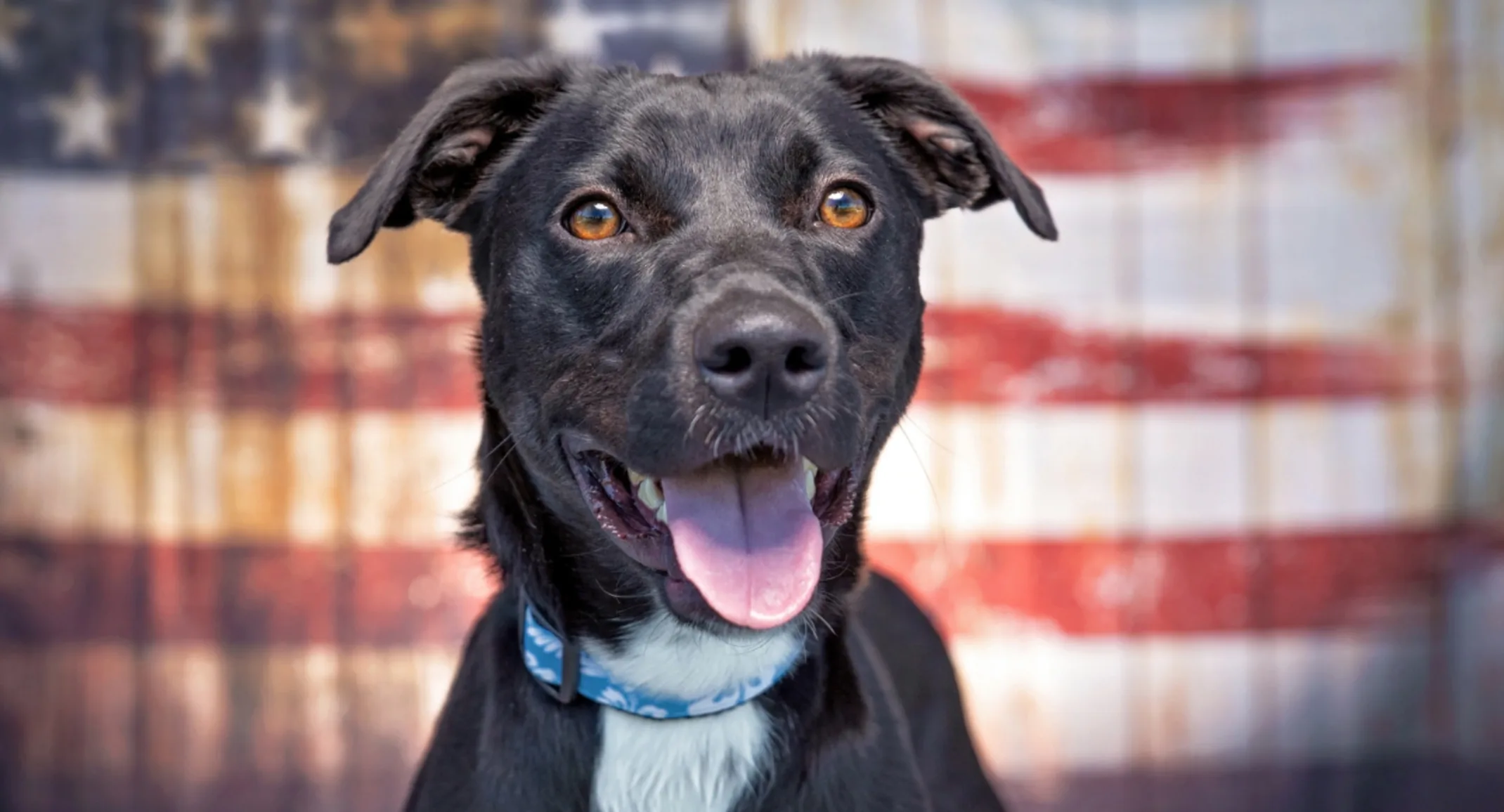4th of July & Summer Safety Tips for Pet Parents
Pet Safety

The 4th of July is a time for celebration, barbecues, and fireworks, but for our furry family members, it can be a season of serious stress. Understanding why pets react the way they do and taking a few simple precautions can make all the difference in keeping them safe and calm.
Why Pets Fear Fireworks
While fireworks are thrilling for us, they can be terrifying for pets. Animals have incredibly sensitive hearing, far more acute than humans, so the loud, sudden booms of fireworks are not just startling, they're overwhelming. On top of that, fireworks are unpredictable. Unlike a thunderstorm, which often comes with gradual warning signs like darkening skies, fireworks start and stop without any pattern, leaving pets unsure and anxious about what’s coming next.
Common Anxiety Behaviors to Watch For
When pets are stressed, they may show a range of anxiety-driven behaviors. These can include:
Shaking or trembling
Hiding in closets, under beds, or in corners
Howling, barking, or excessive meowing
Attempting to escape, sometimes bolting through doors or digging under fences
Recognizing these signs early allows you to step in and help soothe your pet before their anxiety escalates.
Tips to Keep Your Pets Safe and Calm
Here are some practical steps you can take to help your pet feel more secure during fireworks and summer celebrations:
1. Create a Safe Space
Keep your pets indoors, preferably in a quiet, secure room with the curtains closed to block out visual flashes. Adding white noise or calming music can help mask the sounds of fireworks.
2. Try Calming Aids
Consider using an anti-anxiety wrap like a ThunderShirt, which can provide comfort through gentle pressure. Some pets also respond well to calming pheromone sprays, diffusers, or supplements. Talk to your veterinarian about whether calming aids or temporary anti-anxiety medications are a good option for your pet.
3. Update Identification
Fireworks often cause frightened pets to flee. Ensure your pet’s ID tags and microchip information are up to date, increasing the chances of a safe return if they escape.
4. Never Leave Pets Outside During Fireworks
Even a typically calm pet can panic in response to loud noises. Bring them inside well before fireworks start to prevent them from bolting or getting injured in their escape attempts.
Final Thoughts
Summer festivities can be wonderful, but they come with unique risks for pets. By preparing in advance, you can help your pet feel safe and secure, making the season enjoyable for every member of your family.
